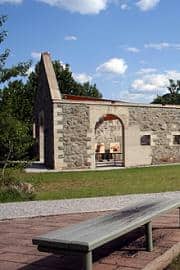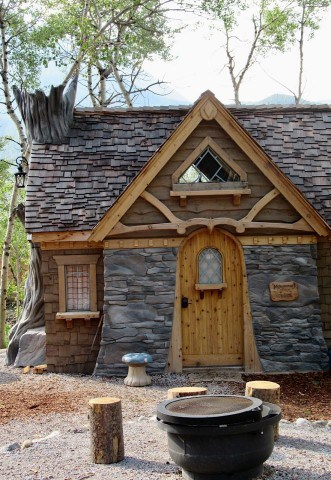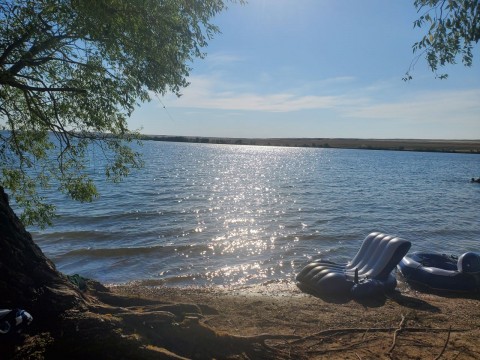Leitch Collieries

Difficulty: Easy - Family
Park Amenities:
Leitch Collieries is a historical sightseeing destination located in Crowsnest Pass, Alberta, Canada. A colliery by definition is a coal mine including the buildings and equipment.
 The Leitch Collieries were established in 1907. At the time the collieries were one of the largest coal mining operations in the region. There were over 100 coke ovens, a washery, a tipple, a manager's home and a a powerhouse for generating power for the mine.
The Leitch Collieries were established in 1907. At the time the collieries were one of the largest coal mining operations in the region. There were over 100 coke ovens, a washery, a tipple, a manager's home and a a powerhouse for generating power for the mine.
The operation became so large that a town named Passburg was established one kilometre to the west of the colliery. Passburg grew to a population of about 500 people and most households were working at the mine. There was a school, general store and a post office.
But not all was well at the Leitch Collieries. The operation was heavily financed, the miners went on strike, the banks were calling in on loans and the relationship with the Canadian Pacific Railway ( a major client) was under duress. In 1915 the financing dried up and the Leitch Collieries closed its doors forever.
The closing of the mine was also the demise of the village of Passburg. People left Passburg to find work and soon the town became a ghost town. Not long after, the buildings were moved to another neighbouring village and Passburg became only a memory.
The Leitch Collieries are a reminder of the early coal mining days. Built from sandstone, some with pillars, the structures are very impressive to view. The architecture was ahead of its time for coal mining.
Many arrive every year to view the sandstone buildings. From the parking lot there are walking trails exploring the colliery. The trails lead to structures like the washery, powerhouse, coke ovens and Hamilton House.
Located on the trails and in the buildings are an impressive collection of interpretive signs and information billboards detailing the history of the colliery. There are sitting benches and a washroom on site.
Address:









